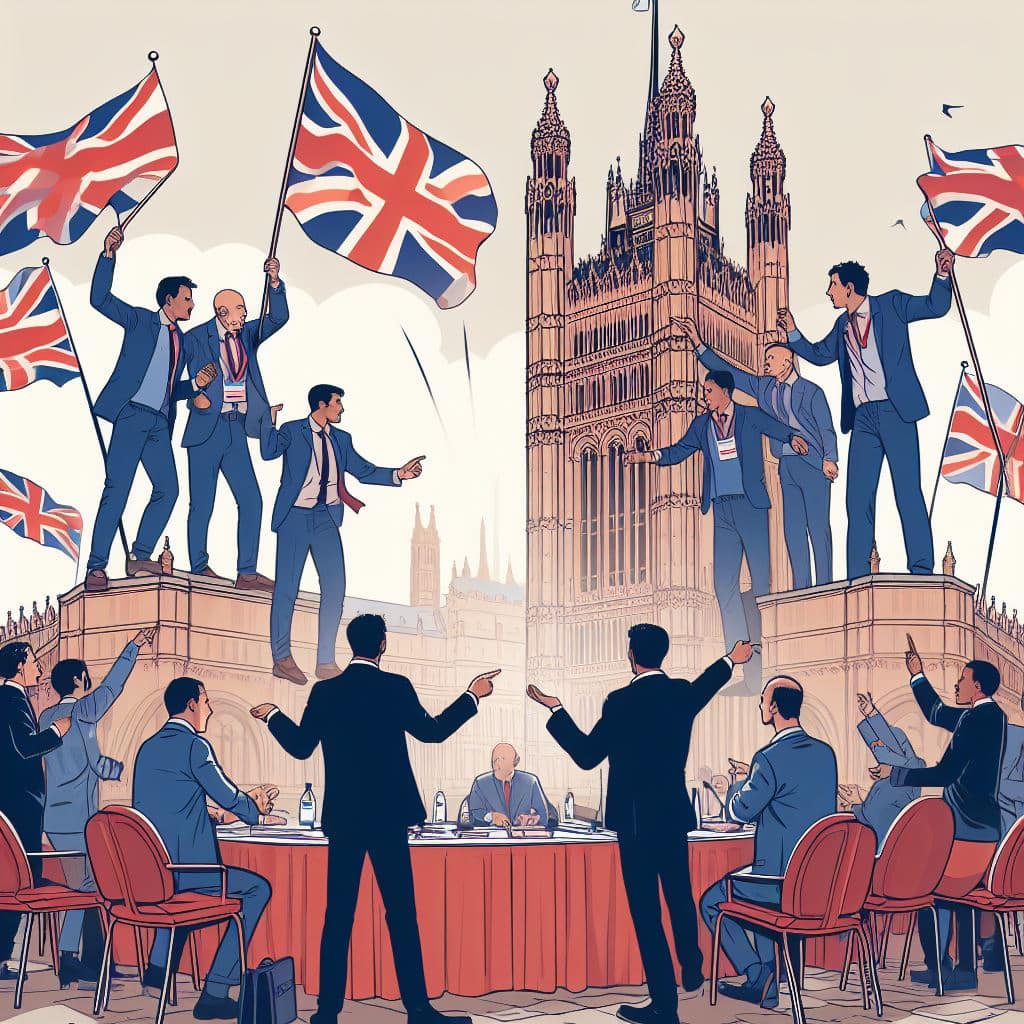Food price caps are likely to backfire – as price caps always do
SUGGESTED



At best, the scheme will prove to be a harmless gimmick. The proposed cap would be voluntary and the prices of many staples, including bread and milk, are now falling anyway. But the evidence base for state intervention on food prices is remarkably weak.
There is a great deal of hype about ‘profiteering’ and specifically about ‘greedflation’. This term can cover a multitude of sins, but generally describes a situation where a company uses the cover of bad news about inflation to raise their own prices by more than could be justified by higher costs or strong demand.
However, there is no real evidence of this in the UK supermarket sector, which is highly competitive. The major retailers aggressively match prices in a race to the bottom and still work on tiny profit margins (estimated at about three percent).
There is not much evidence of ‘greedflation’ in the UK economy as a whole either. The latest ONS data on corporate profitability show that that there has been little change in the net rate of return, which is a measure profits relative to the capital required to generate them.
It makes more sense to focus on the real reasons why food prices are so high to begin with. The last two years have seen large increases in the costs of agricultural commodities, energy, transport and labour, as well as the burdens of tax and regulation.
Some of these pipeline pressures are now fading. In particular, the UN FAO index, which tracks the global price of a basket of food commodities, peaked about a year ago. The UK measure of producer price inflation in the food sector peaked about six months ago.
This has prompted some to claim that UK retailers have been slow to pass these cost savings on. But retailers typically base their prices on contracts which are set three, six or even 12 months in advance. These lags mean that shop prices should be falling about now – which indeed they are.
The proposal for food price caps therefore fails to address the underlying problem – which is soaring costs – and could be just be a pointless distraction. But there are also at least three ways in which this proposal could backfire.
First, supermarkets may attempt to offset the impact on their revenues elsewhere. They might be willing to treat a wider range of basic foods as ‘loss leaders’ in order to gain market share (corner shops will be unable to match them) or to generate some good publicity. But they could also compensate by reducing the quantity or quality of the goods whose prices are capped, or by raising the prices of ‘uncapped’ goods.
Second, it is not even certain that the prices of capped goods would end up lower than if there were no cap. Supermarkets may simply ‘price to the cap’ – making it a target rather than a ceiling – and not cut prices further even if falling costs allowed them to do so. Of course, strong competition should prevent this, but then why the need for price caps at all?
Third, this could be the thin end of the wedge. The government may hope that this voluntary scheme would be enough to show that it is ‘doing something’ about food inflation (and perhaps claim credit for price falls that would have happened anyway). But it could just encourage calls for more intervention, including making the caps mandatory, like the energy price cap, and extending the idea to other sectors, such as rent controls in the housing market. (For a longer discussion on the follies of price controls, try this 2015 paper from the IEA.)
There are plenty of practical problems with the latest proposal too. Exactly which food products would have their prices capped? At what levels would prices be capped? (The complexity of the calculations behind Ofgem’s energy price cap are a warning here.) And what are the implications for competition policy if participating supermarkets are allowed to collude on prices, even in a ‘good cause’?
Finally, of course, it is the Bank of England’s job to control the overall level of inflation. Government tinkering with some prices may simply cause inflation pressures to pop up elsewhere.
This does not necessarily mean that the government should do nothing. The main focus should be on tackling the reasons why food prices are so high to begin with, such as the UK’s relatively high energy costs. There may also still be a case for providing some extra help to poorer households who spend a larger proportion of their budgets on essentials like food. But the best to do that is to use the tax and benefit system to top up their incomes and incentivise work, rather than clumsy attempts to fix prices.




